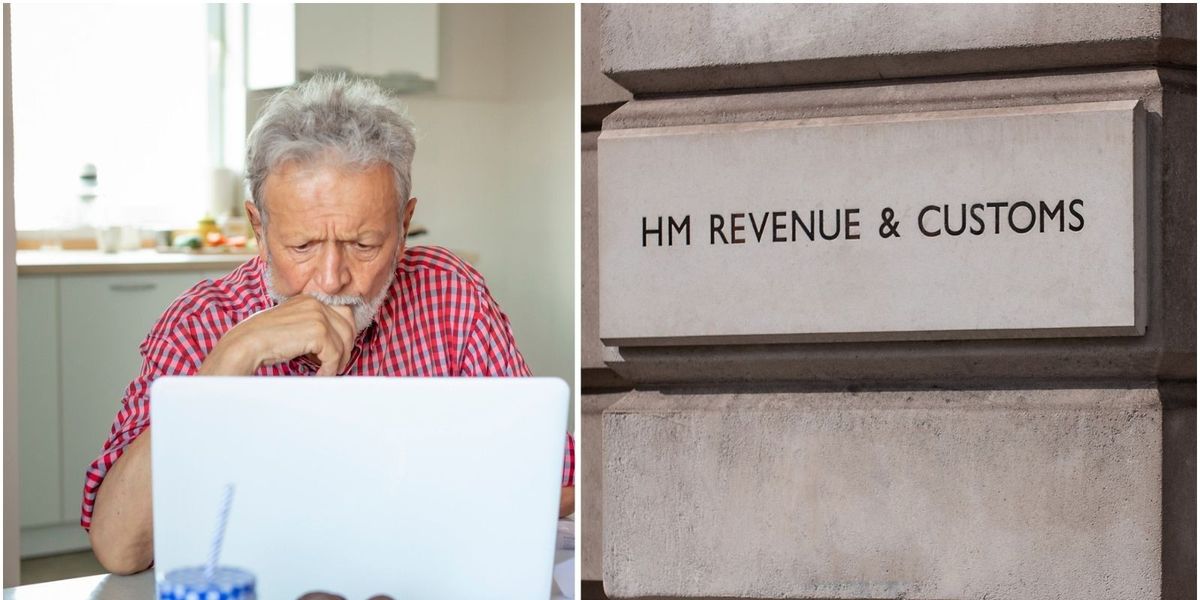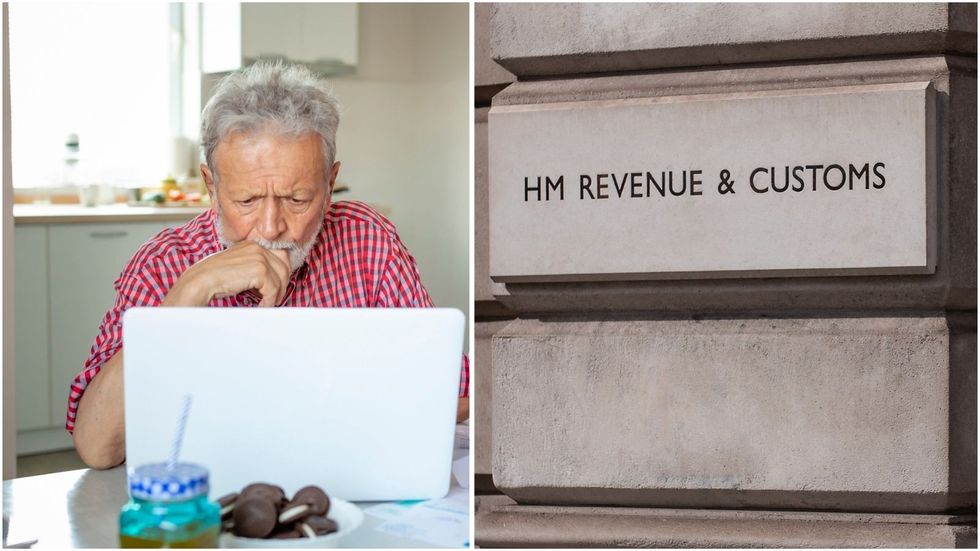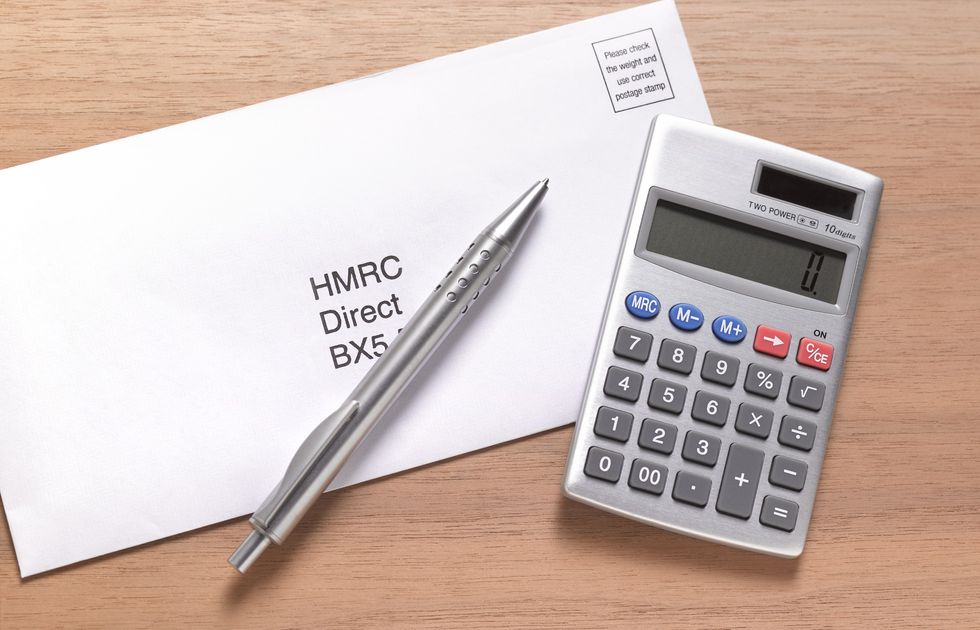Pensioners across the UK are facing a record surge in unexpected tax bills from HMRC, new figures have revealed.
The tax office issued 1.32 million “simple assessments” in the 2023/24 tax year, marking a 74 per cent increase from the previous year’s 757,745.
This represents the highest number on record and more than double the average annual volume for the previous six years, according to data obtained through Freedom of Information requests.
HMRC has cited frozen income tax thresholds as one of the main reasons for the dramatic rise, which has pulled more pensioners into the tax system.
Simple assessments are a method HMRC uses to collect tax without requiring taxpayers to complete a self-assessment return. Instead, the tax office issues a bill directly when it believes the calculation is straightforward.
These are typically used for pensioners or employees who underpay tax. HMRC can issue them when it holds enough information about an individual’s income.
Many recipients are caught off-guard by these demands, especially pensioners who assumed their incomes fell below the £12,570 tax-free personal allowance threshold. The unexpected bills often arrive without warning, creating stress for retirees on modest incomes.
LATEST DEVELOPMENTS:
Thousands face ‘unexpected tax bills’
GETTY
The surge in tax bills stems from a combination of frozen income tax thresholds and rising pension payments. Income tax thresholds have been frozen since 2022 under the previous Conservative Government and are scheduled to remain so until 2028.
At the same time, the state pension “triple lock” has pushed up retirees’ weekly payments significantly. This combination has dragged millions more pensioners into the tax net or higher tax brackets.
Most retirees also receive income from private pensions, further increasing their taxable income. The state pension is paid without tax deducted at source, creating complications for those with multiple income streams.
Steve Webb, a former Pensions Minister and now partner at pension consultants LCP, said “hundreds of thousands” of the recipients of simple assessments were likely to be pensioners.
“Many retired people on modest incomes may have hoped that their days of having to deal with HMRC were over, but the long-term freeze in tax thresholds has changed the situation,” he added.
“Although most pensioners will still not have to file a tax return, hundreds of thousands will still get an unwelcome year-end tax demand from HMRC.”
Hundreds of thousands of the recipients of simple assessments were likely to be pensioners
GETTY
Webb added that pensioners with queries “may find it is very hard to get through and speak to someone on the phone”.
Jon Greer, head of retirement policy at Quilter, described the situation as “yet another sign of fiscal drag in action. Millions are sleepwalking into the tax system through no fault of their own.
“The sharp rise in simple assessments reflects how frozen tax thresholds and higher state pensions are creating more tax liabilities for older people. Many of them may not even realise they owe anything until HMRC’s letter arrives.”
Greer warned that unexpected tax bills “can be scary, especially if you are already struggling with your finances”.
The historical data shows a steep acceleration in simple assessments over recent years. In 2017/18, HMRC issued 486,340 assessments, which has nearly tripled to the current 1.32 million.
HMRC cited several factors for this increase
GETTY
The full figures reveal the pattern: 711,390 in 2018/19, 593,637 in 2019/20, 582,211 in 2020/21, 675,442 in 2021/22, and 757,745 in 2022/23, before the dramatic jump last year.
HMRC cited several factors for this increase, including the rising number of state pensioners with additional income and the continued freezing of tax thresholds until 2028.
The surge in tax demands has led to calls for a review of the system. Webb argued: “For the good of pensioners and the efficiency of the system as a whole, the whole system needs to be reviewed.”
Experts advise pensioners who receive unexpected tax bills to contact HMRC promptly rather than ignoring the demands.
“If you get one and don’t know what to do, the best course of action is to call HMRC to discuss your options. Do not bury your head in the sand,” Greer advised.



